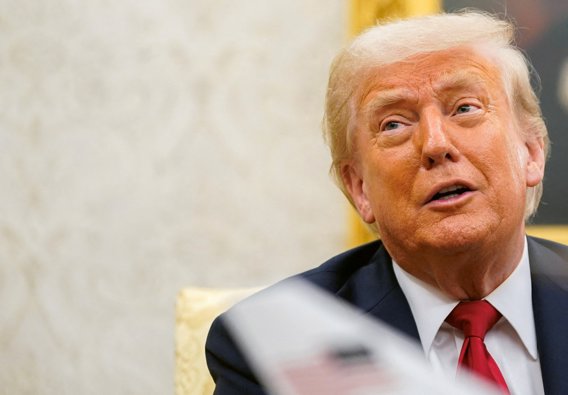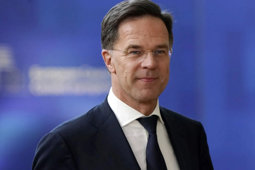
Senators Support Trump’s Russia Tariff Threat
Bipartisan senators support Trump’s threat of 100% tariffs on Russia, offering legislative backing as sanctions talks continue.
Bipartisan Effort Gives Trump Flexibility on Russia Sanctions
In a rare display of unity, Senators Lindsey Graham (R-S.C.) and Richard Blumenthal (D-Conn.) are aligning with President Donald Trump’s latest hardline stance against Russia, signaling that Congress is prepared to provide legislative muscle for the administration’s evolving sanctions strategy. The senators, who have pushed for months to pass stringent penalties on Moscow and its global energy trade, now say they’re content to let Trump act unilaterally in the wake of his aggressive new threats.
The bipartisan bill under development would impose tariffs of up to 500% on countries purchasing Russian energy products—including oil, gas, and uranium—in a bid to undermine the Kremlin’s war effort. China and India, which collectively make up nearly three-quarters of Russia’s energy exports, would be directly impacted by the measure, designed to sever crucial revenue streams supporting Russia’s war in Ukraine.
Congressional Republicans had previously set aside the sanctions bill in favor of advancing the president’s “big, beautiful bill,” but the White House’s recent announcement shifted the legislative calculus. President Trump’s warning that he would enact 100% tariffs on Russia unless President Vladimir Putin agreed to end the war has prompted lawmakers to give the executive branch more maneuvering room, with further legislative action on hold for now.
White House and Congress in Strategic Alignment
Senate Majority Leader John Thune (R-S.D.) described the administration’s move as a tactical step. “It sounds like right now the president is going to attempt to do some of this on his own,” Thune said. “If at some point the president concludes that it makes sense and adds value and leverage that he needs in those negotiations to move the bill, then we’ll do it. We’ll be ready to go.”
The president’s warning came after an agreement to supply weapons to NATO partners, enabling the alliance to replenish Ukraine’s military stocks. Trump’s dual approach—arming allies and threatening economic escalation—has been praised by both parties as a “game changer.” Graham remarked, “We’re pleased that the president sort of buys into that way of doing business. We’ll continue to work with the White House to see if we can provide him a tool that Congress has been working on.”
Graham emphasized the value of congressional support, noting, “Having Congress’ blessing is good for the president and helps him both legally and politically.” He added that the combination of weapons transfers and tariffs had fundamentally altered the diplomatic landscape. “Between the weapons flowing and sanctions through tariffs on the table, I think we can say today was a game changer that we’ve been waiting on and hoping for.”
Blumenthal echoed his colleague’s sentiments, crediting Trump for adopting a robust response to what he described as Putin’s provocations. The Connecticut senator described Trump’s tariff threat as a “hammer,” while touting the Senate bill as a “sledgehammer,” underscoring Congress’s willingness to go even further if necessary. “Our bill is a sledgehammer,” Blumenthal said, highlighting the legislation’s broad support across both chambers and its impact on ongoing diplomacy.
Uncertain Road Ahead for U.S.-Russia Policy
Despite the unified front, the path forward remains uncertain. The senators are standing by with dozens of co-sponsors ready to advance their bill if the White House seeks additional leverage in negotiations with Moscow. For now, Trump’s latest announcement has reset the terms of debate and signaled to both allies and adversaries that the U.S. is prepared to escalate pressure on Russia in response to the conflict in Ukraine.
As Congress and the administration coordinate strategies, observers note that the outcome will shape the next phase of U.S.-Russia relations and influence the broader global response to ongoing aggression in Eastern Europe. Lawmakers promise to remain engaged, ensuring that any measures taken—whether by executive order or through new legislation—are aimed at curbing Russian expansionism and defending international norms.






